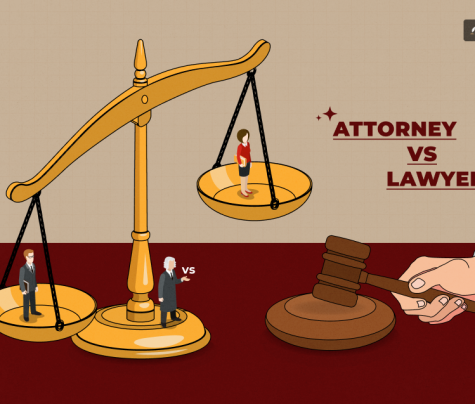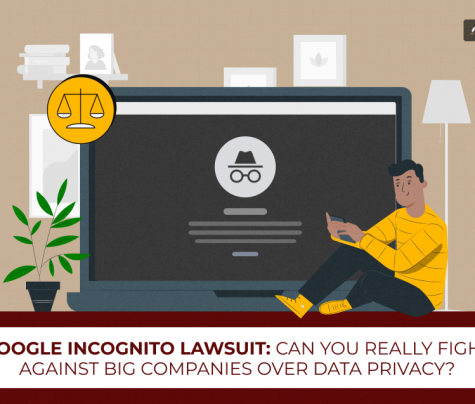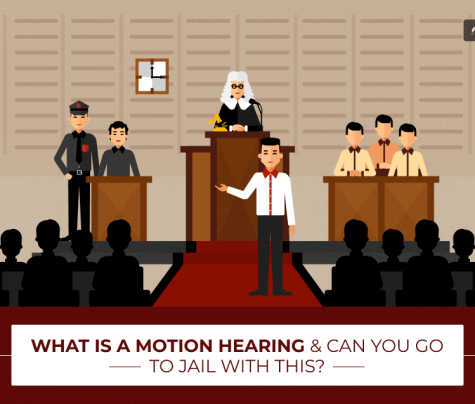
The growth of the senior population over the last five years has proven beneficial to estate lawyers.
The recent pandemic has also fueled demand for their services. In fact, IBISWorld states that the revenue for estate lawyers increased by 1.4% to $17.8 billion in 2023.
This has also increased the burden on estate planning attorneys, who now have to cater to a bigger and more demanding customer base.
As a result, in today’s digital era, estate planning is increasingly being managed using specialist software. The move from old paper-based approaches to modern digital tools is convenient, efficient, and accurate.
However, not all estate planning software is created equal. Here are the essential features when selecting the right estate planning software.
1. User-Friendly Interface
Simplicity is one of the most common requirements for any software solution. A Forbes article states that people usually overlook it to convey more information to their clients.
However, that should not be the case, as simplicity makes your customers stay on the application longer.
On the other hand, a complex user interface might make them close the software so soon that there is no conveyance of information.
A crucial feature of any estate planning software is its user-friendly interface. The complexity of estate planning demands intuitive and easy-to-navigate software.
Users, whether legal professionals or individuals planning their estates, should be able to operate the software without extensive training. A well-designed interface helps reduce errors, ensures all necessary steps are followed, and saves time.
An intuitive user interface should include clear instructions, simple navigation, and easily available assistance resources. It should also deliver a consistent experience across platforms, allowing customers to manage their estate plans from PCs, tablets, or smartphones.
2. Estate Builder And Plans

The estate builder is a pivotal feature within estate planning software for attorneys that facilitates creating and managing various estate documents. This tool offers templates for power of attorney, wills, and trust.
Besides the pre-built templates, customization options are available to suit the unique needs of individual clients.
According to Vanilla, an estate builder facilitates building dynamic estate plan visualizations completely connected with financial and family data.
They enable reading and abstracting key details from existing plans and leveraging them to update or build new ones. Moreover, they allow building client profiles with relevant information to build and organize estate plans.
These plans should include a thorough structure that guides users through the estate planning process. This includes document drafting and organizing assets, determining beneficiaries, and establishing directives for healthcare and financial decisions. A well-designed plan helps users think through all possible scenarios and ensures nothing is left behind.
3. Comprehensive Document Management
Wills, powers of attorney, trusts, and healthcare directives are some legal forms that stakeholders can use during estate planning.
Moreover, the software you choose should offer comprehensive document management capabilities. This means it should allow users to create, store, edit, and retrieve all necessary documents easily.
Advanced features might include document templates that adhere to state-specific laws and automated document updates to reflect legislative changes.
Furthermore, effective document management ensures that you safely preserve sensitive data.
Document management can be a standalone application used across various industries. These systems offer features like convenient document storage, data capture, document scanning, etc.
In fact, the experts value the global document management system closely at $6.23 billion in 2023. Moreover, they opine that the market can reach $18.97 billion by 2030.
4. Customization Options
Estate planning has individual requirements. The software must offer customization options to cater to some of these specific needs.
It is urgent that people be able to tailor documents to reflect family dynamics, personal preferences, and unique financial situations.
Customization options should include flexible templates, personalized clauses, and the ability to adjust terms and conditions according to specific needs. This feature ensures that the estate plan is legally sound and truly reflective of the user’s intentions and circumstances.
5. Security And Privacy
Bloomberg Law article mentions that cyberattacks on law firms are growing with every passing year. Moreover, the American Bar Association members Over a quarter conducted a survey back in the year, 2022.
They observed numerous instances of data breaches. Furthermore, there has been an increase in data breaches (2%)from the previous year. The study indicates the complexities of the growing cyberattack trend.
Therefore, security and privacy are the most important factors, given the sensitive nature of estate planning information. The software should employ advanced encryption methods. It can help protect data from unauthorized access.
Hence, you must look for software tha complies with the latest cybersecurity standards.
Furthermore, the software should have strong access controls. It helps ensure that only authorized users can update the documents.
Regular security updates and the availability of securing cloud storage options add extra layers of protection. Furthermore, they safeguard your information against potential threats.
6. Legal Compliance

State-specific laws and regulations govern estate planning. Therefore, it is vital to choose software that ensures legal compliance across different jurisdictions.
Consider regular software updation to reflect changes in legislation and provide alerts or prompts when specific legal requirements are unmet.
Features like state-specific document templates, automated legal checks, and access to a legal knowledge base can greatly enhance the software’s utility.
Complying with local laws and regulations is necessary to ensure the validity of an estate plan and help avoid potential legal disputes.
Frequently Asked Questions
What Are The Most Often Used Estate Planning Documents?
A will is the most important and popular asset planning document. It specifies the approach to asset dispersion.
At the same time, it also provides information about a durable power of attorney. This allows you to manage your finances in case you face some physical issues or disability.
How Do You Aim To Build Trust?
Planning for your trust includes selecting the assets you wish to deposit. Moreover, it would help if you appointed a trustee to oversee the trust.
Ultimately, it helps determine the owner of the asset. You must also decide on the circumstances and terms under which you disperse the assets.
What Do You Mean By Probate?
Probate is a legal procedure that validates the will of the diseased individual. It also helps distribute assets according to the will’s instructions. Probate involves dividing assets according to state regulations if there is no will.
What Form Of Trust Is Best?
Your requirements and aspirations determine the ideal sort of trust. Let me provide you with an example.
A revocable living trust provides the right control and flexibility throughout your life. However, trusts that are irrevocable in nature must offer benefits like asset protection and tax benefits.
Conclude
To conclude, selecting the right estate planning software is crucial in ensuring your estate plan is comprehensive and legally sound.
By focusing on these essential features, you can choose software that meets your needs and helps you manage your estate planning effectively. The right estate planning software simplifies the complex process and provides peace of mind.
Read More…
ROI Of Immigration Software: Calculating The True Value For Law Offices
The Top Marketing Strategies For Law Firms’ Success
What Does Marketing For Lawyers Means: How Does It Help Law Firms?










0 Reply
No comments yet.